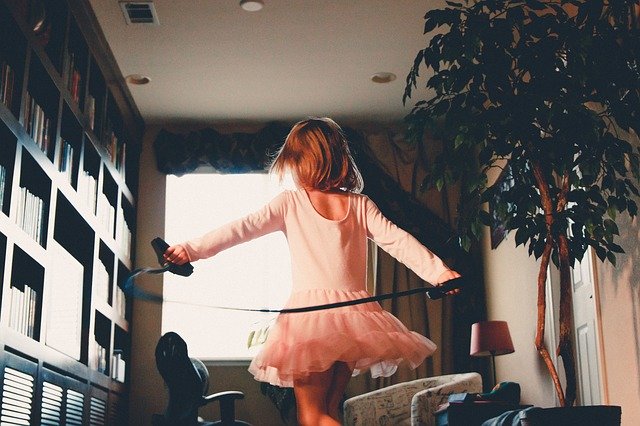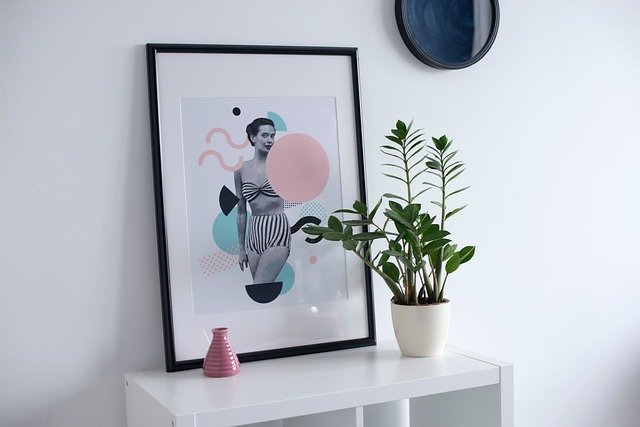Whilst the days are beginning to get longer, and we’re being blessed with more light. We’re all getting used to being ‘indoors’ during this time rather than our normal behaviour of exploring our local green spaces! Keeping your home as a sanctuary during this time can really help, especially as the vast majority of us will be home more than usual.
We know that plants are good for the environment and they can also help to lift the mood, so during the winter months we must also offer them a little TLC so they can continue to look after us.
Consider a Move
When the temperatures drop, we make changes, and this includes heating rooms, which can potentially damage our green-leaved friends. If you have a plant that usually resides near a radiator you need to give it a bit more clearance, so it doesn’t get too hot.
Conversely, a plant that lives on a windowsill or by a door can suffer from the cold draughts that run through the home during the colder months. Again, you might need to relocate these pots for a few months to somewhere they can stay in a more even temperature. Of course, you can take steps to block draughts using drapes and draught excluders which are better for you and your heating bill too.

Watch the Humidity
Heating is excellent, but it can also be very drying, central heating and fans can really suck the moisture out of a room, and while this might sound like a good thing, it is actually damaging to plants, and to us. We actually need a level of humidity, not damp, just humidity to thrive, as do our plants. You can add a humidifier, and these are great because you can
also add a few drops of essential oils to many of them, and something like tea tree or lavender is perfect for bug busting during the winter months.
Dust is a Must
During the winter when plants are more dormant, so are insects, and the dust on plant leaves makes a perfect bed. They can live there and breed ready to attack the plant when the mercury rises. So, dusting the leaves is one winter care tip you shouldn’t skip. Use a damp cloth and wipe the leaves, and also remove any that are already suffering. Dead leaves go yellow or crunchy, so be sure to remove these for optimal plant health.

Water with Wisdom
With what has been said about humidity, you might think your plants need more water in winter, but this is actually far from the truth. Plants need less water in the colder half of the year because they are less active. Over-watered plants can get root rot, which will likely kill them in the end, so avoid waterlogging your pots. You can check to see if water is needed before going anywhere near them with a watering can simply push your finger into the soil, and if it feels moist, you do not need to add any more water.


